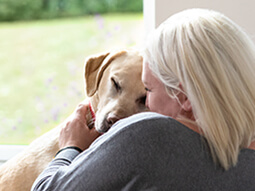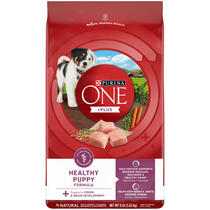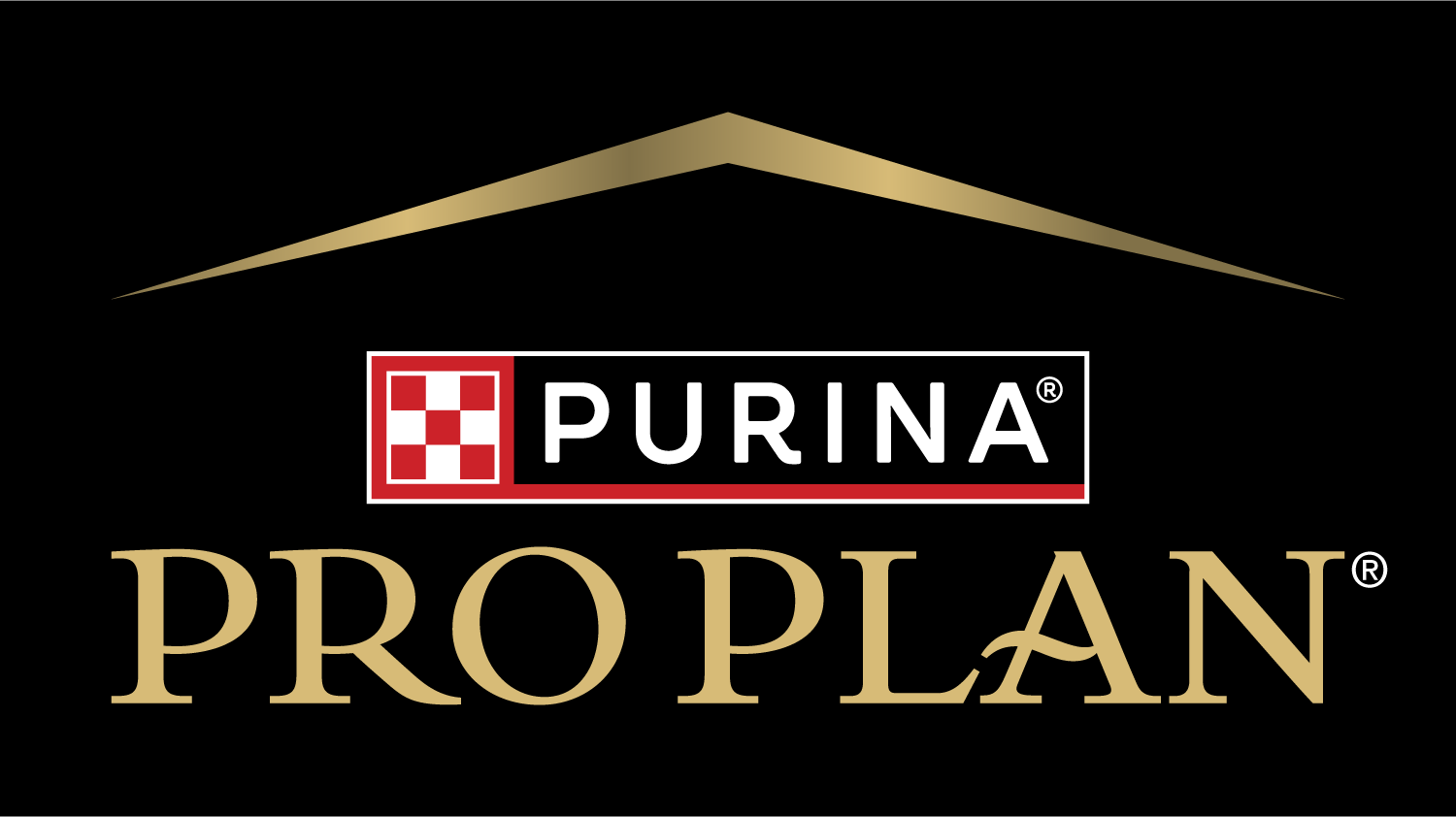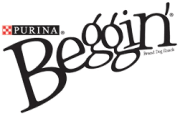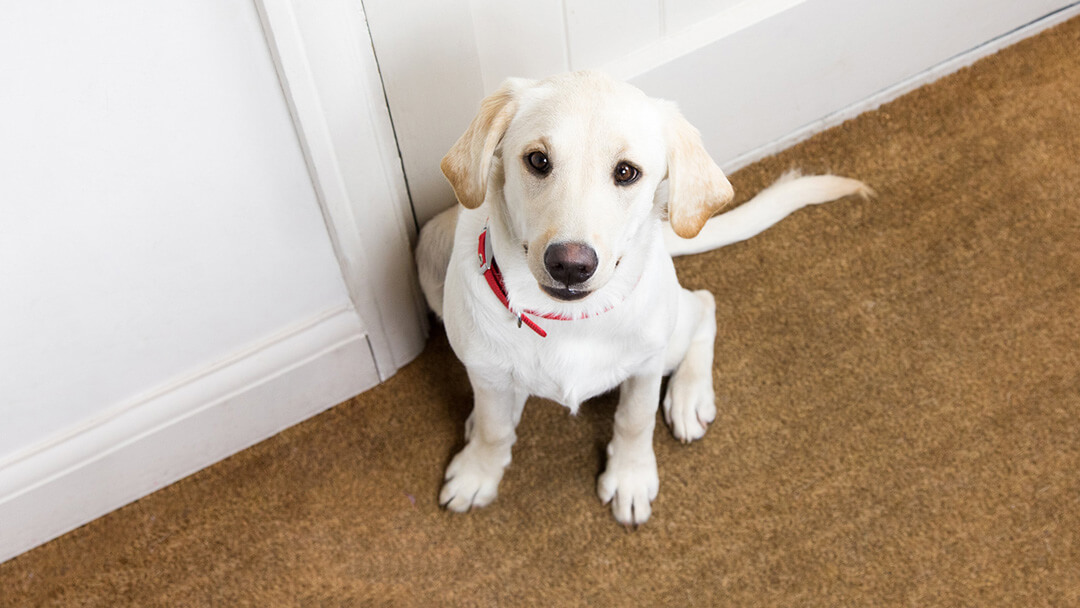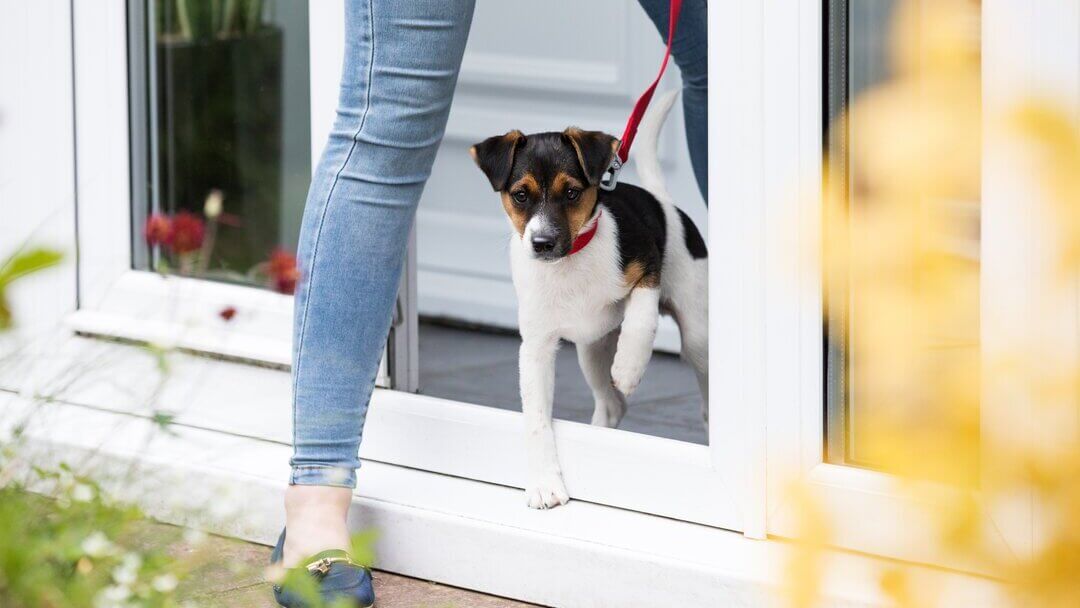

Puppy Biting: The Do’s and Don’ts
DO ignore your puppy and/or go limp when he begins biting you. You can also give a sharp “Yip!” or “Ouch” which will startle your puppy and stop the biting. Then praise him calmly when he stops.
DO offer your puppy a toy to bite instead of you, and praise him when he switches to the toy.
DO stop all interactions and walk away if your puppy continues to bite.
DO work to train your puppy to use his mouth gently. Wave your closed fist in front of his face and pull it away if he tries to nip. Try it again, and if he does not nip, give him a treat. Make sure the treat is in the opposite hand you are presenting. Try this with other objects, your open hand, your finger, and finally a toy and eventually give him the toy before he nips. Lengthen the time he has to wait patiently before giving him the treat and/or the toy to play with. You are teaching him he has to wait for permission in order to play/nip. (Click here to learn more about how to begin puppy training.)
DO use a command, such as “NO!” If your puppy is playing and seems to be getting nippy, stand up, take your hands away and say, “NO.” Give him a treat when he is sitting calmly as a reward for desired behavior. Using the “NO!” command will come in handy in many situations with your puppy, it simply means to stop doing what he is doing.
DO supervise your child when he plays with your puppy.
DO be consistent in your praise and rewards, especially in the early stages.
DON’T yell at your puppy, tap your puppy in the nose, or hold his mouth shut when he bites. You are just confusing your puppy and teaching him not to trust you when you play.
DON’T antagonize your puppy to get him to bite for training or any other purpose.
DON’T let your child’s face be near your puppy’s face while you are working on bite training.
DON’T give up on your puppy and think that he’ll learn eventually on his own. For consistent results and a mutual understanding between you and your puppy, he needs to know his boundaries every time you play together.
